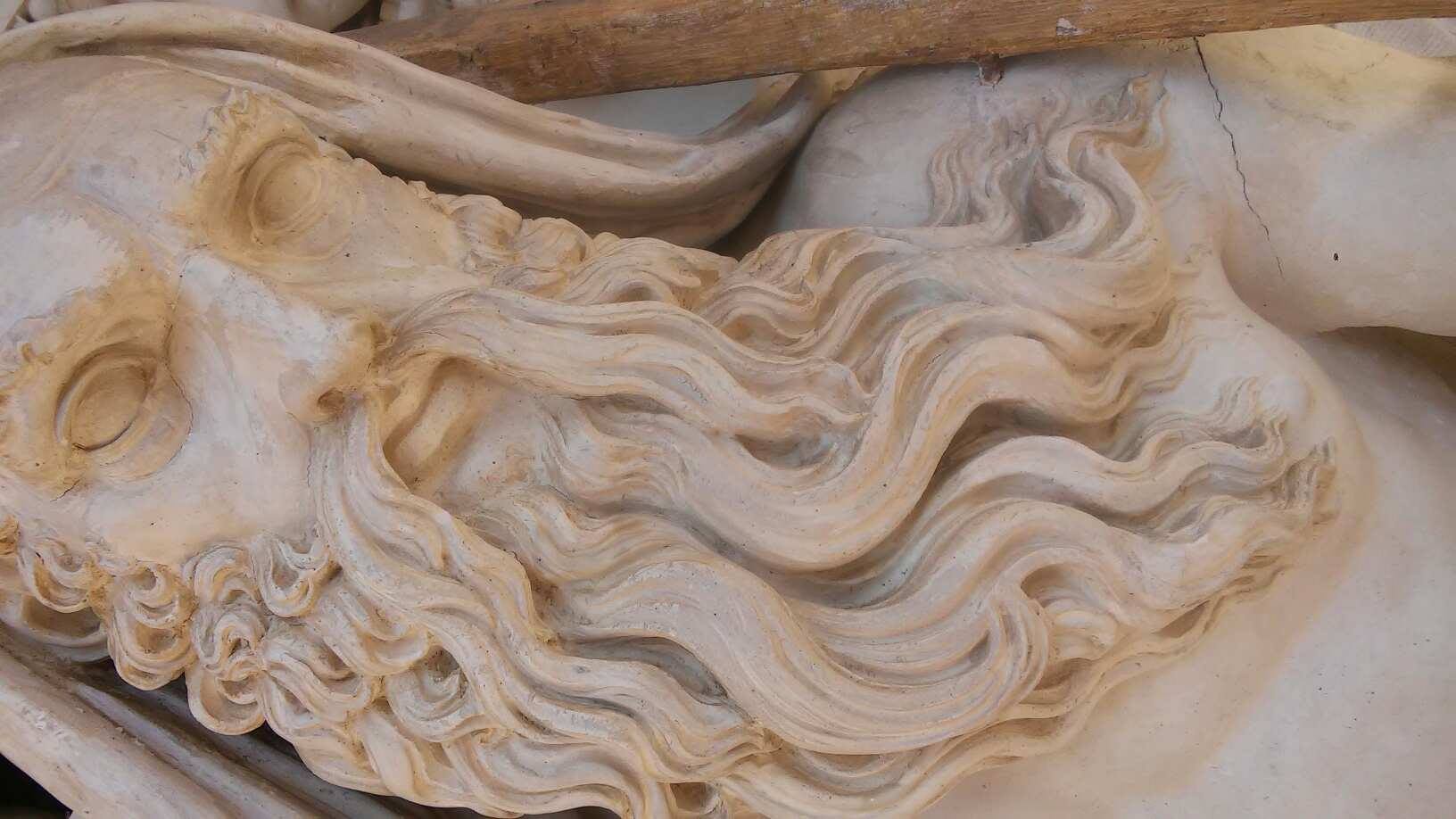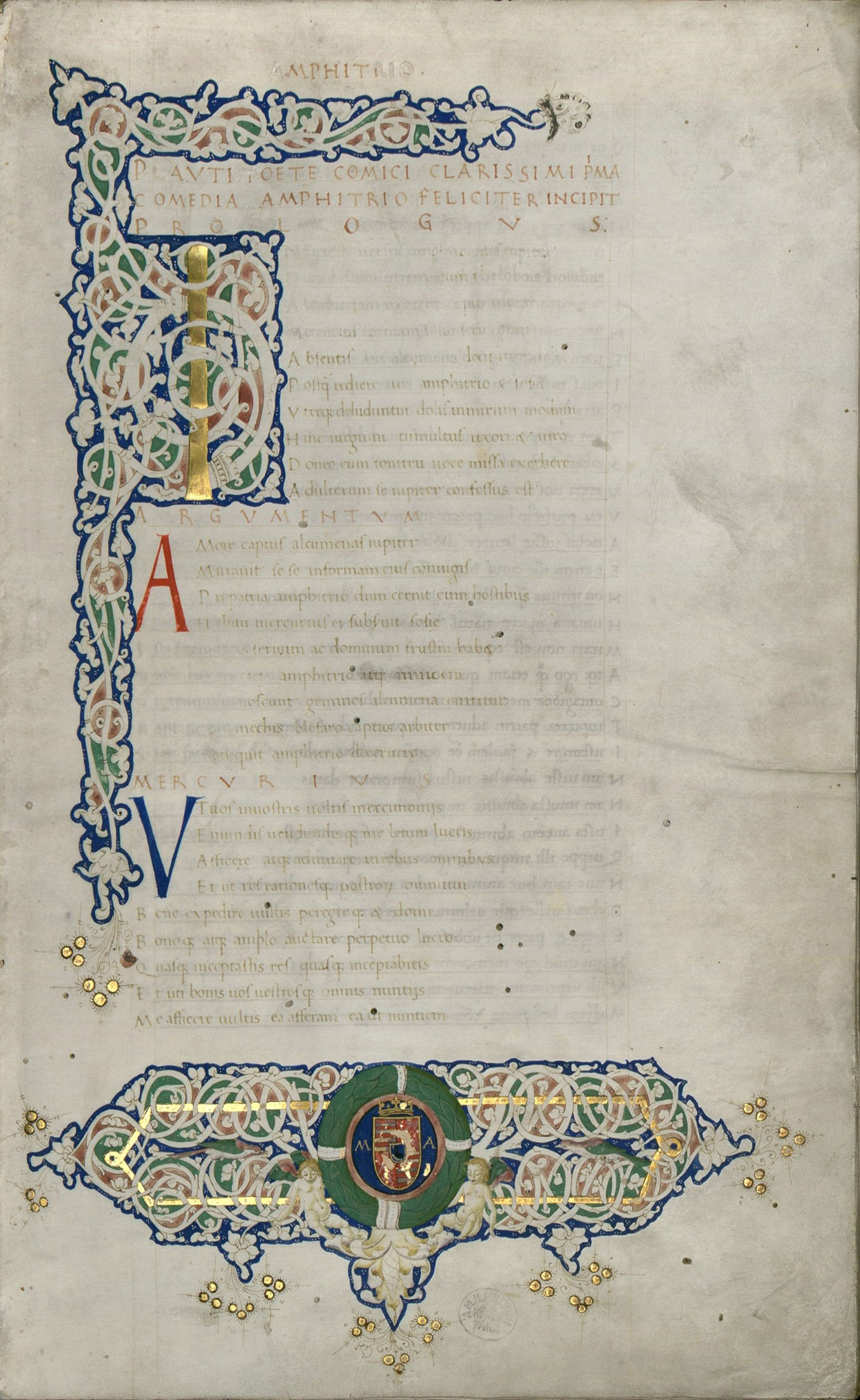
| Casina | |
|---|---|
| Written by | Plautus |
| Characters | Olympio - slave of Lysidamus Chalinus - slave of Cleostrata Cleostrata - wife of Lysidamus Pardalisca - maid of Cleostrata Myrrhina - wife of Alcesimus Lysidamus Alcesimus Citrio - cook |
| Setting | a street in Athens, before the houses of Lysidamus and Alcesimus |
The Brothers Menaechmus study guide contains a biography of Plautus, literature essays, quiz questions, major themes, characters, and a full summary and analysis. Summary The play begins with a monologue by Euclio's household deity. He tells us that Euclio's grandfather once entrusted him with the guardianship of a pot of gold. The god has protected the. Plautus was a Roman comic playwright, living from approximately 254 BC to 184 BC, and The Brothers Menaechmus is frequently considered to be his greatest work. Plautus’ comedies are the earliest Latin works to have survived in their entirety, and as such, they heavily influenced many other playwrights—including Shakespeare.
Casina is a Latinplay by the early RomanplaywrightTitus Maccius Plautus.
Plot[edit]
Plautus Amphitryon Summary
The action takes place on the streets of Athens, and all the characters are Greek. The plot revolves about a beautiful girl, Casina, who is being fought over by two men. She was abandoned at the door of Lysidamus and his wife Cleostrata, and has been raised as a servant. Euthynicus, son of Lysidamus, has fallen in love with Casina and wants to marry her. As the wedding approaches, however, Lysidamus desires Casina for himself, and devises an elaborate ruse to get Euthynicus out to the country and have Casina marry his servant Olympio instead. Lysidamus would then be able to have sex with Casina whenever he wanted, and she would be the wife of his servant in name only: she would be concubine to Lysidamus, without his own wife Cleostrata finding out. Cleostrata opposes his plan, and wants Casina to marry her slave Chalinus, who would stand in for Euthynicus until his return from the country.
The conflict between father and son becomes a battle between husband and wife. To resolve the situation, Cleostrata first proposes to draw lots (the play is also known as The Lot-Drawers), but Lysidamus wins. Cleostrata and her servants then devise one scheme after another to keep Lysidamus from collecting his prize. Cleostrata discovers that her husband plans to sleep with Casina before Olympio takes her home. She dresses her servant Chalinus as Casina and humiliates both Olympio and Lysidamus by taking advantage of the darkened bedroom in her neighbor's home where Lysidamus' affair was to take place. In the dark, Olympio reaches under the dress of 'Casina' and realizes that there has been a trick. Lysidamus has been beaten by his wife, and his sins have been exposed to the public. Cleostrata takes him back and life returns to normal. There follows a brief epilogue in which it is explained that Euthynicus will return from the country will indeed marry Casina, who was really a free-born Athenian when she was taken into the family.


| Casina | |
|---|---|
| Written by | Plautus |
| Characters | Olympio - slave of Lysidamus Chalinus - slave of Cleostrata Cleostrata - wife of Lysidamus Pardalisca - maid of Cleostrata Myrrhina - wife of Alcesimus Lysidamus Alcesimus Citrio - cook |
| Setting | a street in Athens, before the houses of Lysidamus and Alcesimus |
The Brothers Menaechmus study guide contains a biography of Plautus, literature essays, quiz questions, major themes, characters, and a full summary and analysis. Summary The play begins with a monologue by Euclio's household deity. He tells us that Euclio's grandfather once entrusted him with the guardianship of a pot of gold. The god has protected the. Plautus was a Roman comic playwright, living from approximately 254 BC to 184 BC, and The Brothers Menaechmus is frequently considered to be his greatest work. Plautus’ comedies are the earliest Latin works to have survived in their entirety, and as such, they heavily influenced many other playwrights—including Shakespeare.
Casina is a Latinplay by the early RomanplaywrightTitus Maccius Plautus.
Plot[edit]
Plautus Amphitryon Summary
The action takes place on the streets of Athens, and all the characters are Greek. The plot revolves about a beautiful girl, Casina, who is being fought over by two men. She was abandoned at the door of Lysidamus and his wife Cleostrata, and has been raised as a servant. Euthynicus, son of Lysidamus, has fallen in love with Casina and wants to marry her. As the wedding approaches, however, Lysidamus desires Casina for himself, and devises an elaborate ruse to get Euthynicus out to the country and have Casina marry his servant Olympio instead. Lysidamus would then be able to have sex with Casina whenever he wanted, and she would be the wife of his servant in name only: she would be concubine to Lysidamus, without his own wife Cleostrata finding out. Cleostrata opposes his plan, and wants Casina to marry her slave Chalinus, who would stand in for Euthynicus until his return from the country.
The conflict between father and son becomes a battle between husband and wife. To resolve the situation, Cleostrata first proposes to draw lots (the play is also known as The Lot-Drawers), but Lysidamus wins. Cleostrata and her servants then devise one scheme after another to keep Lysidamus from collecting his prize. Cleostrata discovers that her husband plans to sleep with Casina before Olympio takes her home. She dresses her servant Chalinus as Casina and humiliates both Olympio and Lysidamus by taking advantage of the darkened bedroom in her neighbor's home where Lysidamus' affair was to take place. In the dark, Olympio reaches under the dress of 'Casina' and realizes that there has been a trick. Lysidamus has been beaten by his wife, and his sins have been exposed to the public. Cleostrata takes him back and life returns to normal. There follows a brief epilogue in which it is explained that Euthynicus will return from the country will indeed marry Casina, who was really a free-born Athenian when she was taken into the family.
Many of the characters in Casina are stock characters of Greek and Roman comedy, such as the old man chasing after the young slave woman.
Pot Of Gold By Plautus Summary
Translations[edit]
- Henry Thomas Riley, 1912: Casina full text
- W. Thomas MacCary and M. Willcock, 1976
- James Tatum, 1983
- David M. Christenson, 2008 Review in BMCR
- Wolfang de Melo, 2011 [1]
Casina Plautus Summary
References[edit]
- ^Plautus; Translated by Wolfgang de Melo (2011). Plautus, Vol II: Casina; The Casket Comedy; Curculio; Epidicus; The Two Menaechmuses. Loeb Classical Library. ISBN067499678X.
